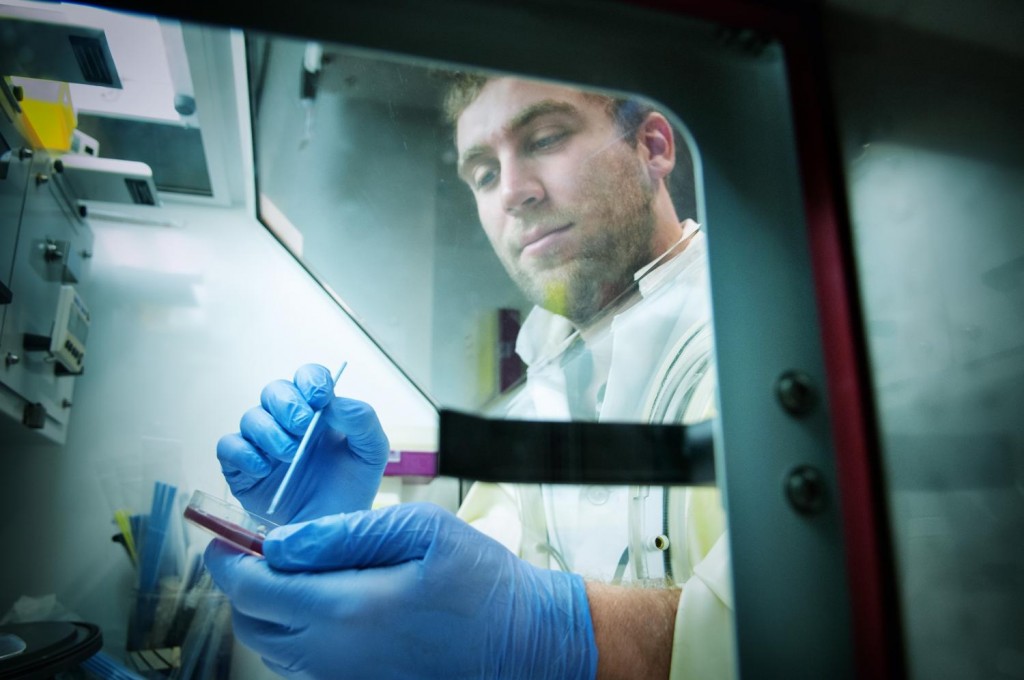 Studies have shown that there are both good and bad bacteria living inside our bodies. The good bacteria actually help to maintain healthy function and a new study suggests that manipulating these bacteria could actually help millions of children who suffer from chronic malnutrition. The research says that introducing or encouraging the right balance of microbes could help these children get the most out of a consistently por diet.
Studies have shown that there are both good and bad bacteria living inside our bodies. The good bacteria actually help to maintain healthy function and a new study suggests that manipulating these bacteria could actually help millions of children who suffer from chronic malnutrition. The research says that introducing or encouraging the right balance of microbes could help these children get the most out of a consistently por diet.
The collective bacteria in our bodies—literally trillions, both good and bad—is called the microbiome. We begin building the microbiome at birth, adding new bacteria—both good and bad—as we grow. We can develop immunity or, at least, tolerance of different bacteria as gain exposure to new environments. Or we can find that we are exceptionally vulnerable to some bacteria, more vulnerable than other people.
But the new study investigates the potential for intestinal bacteria, in malnourished babies, to become better at encouraging healthy growth. Gut bacteria does not only help to break down food; they are also responsible for extracting and separating key nutrients—vitamins, minerals, etc—necessary for healthy life. In children who are malnourished, maximizing the efficacy of gut bacteria could help to improve nutrition even if the diet does not change.
More importantly, the study has shed light on some of the more essential components of breast milk—components that are necessary for infant health—and how they interact with various other dietary components and the gut microbiome as a whole.
“If we could hammer home a key point, microbiota count,” explains professor and director of the Center for Genome Sciences and Systems Biology at Washington University in St. Louis, Dr. Jeffrey Gordon. The study leader goes on to say, “Building healthy gut microbiota we think is important for health in the course of one’s life.”
He adds, “This capacity to look in a very controlled way at how food is partitioned among members of a microbial community and how the metabolic output of that community can affect human biology is part of our ongoing agenda.”
The study has been published in two journals: Science and Cell.
